- eli@tyeshouse.org
- 330 Changebridge RD Suite 101 Pine Brook, NJ 07058
The Local Food Heroes Program has received a $250,000 USDA SARE grant to establish our comprehensive market garden training initiative at Veterans Haven North. This funding validates our innovative approach to veteran agricultural training and creates exciting career opportunities for mission-driven professionals.
We’re seeking exceptional team members to help us expand our impact, train veteran farmers, and create replicable models for regenerative agriculture education across the country.

Join an award-winning program that combines veteran empowerment with regenerative agriculture to create lasting community impact.

Work with the security of federal grant funding while contributing to government-validated agricultural research and training.

Be part of building something transformative - a model that other communities will replicate nationwide.

Collaborate with Veterans Haven North, Rodale Institute, Operation Grow Inc., and other leading agricultural organizations.

Gain experience in regenerative agriculture, veteran services, grant management, and community program development.
The Local Food Heroes Program has received a $250,000 USDA SARE grant to establish our comprehensive market garden training initiative at Veterans Haven North. This funding validates our innovative approach to veteran agricultural training and creates exciting career opportunities for mission-driven professionals.
We’re seeking exceptional team members to help us expand our impact, train veteran farmers, and create replicable models for regenerative agriculture education across the country.

Join an award-winning program that combines veteran empowerment with regenerative agriculture to create lasting community impact.

Work with the security of federal grant funding while contributing to government-validated agricultural research and training.

Be part of building something transformative - a model that other communities will replicate nationwide.

Collaborate with Veterans Haven North, Rodale Institute, Operation Grow Inc., and other leading agricultural organizations.

Gain experience in regenerative agriculture, veteran services, grant management, and community program development.
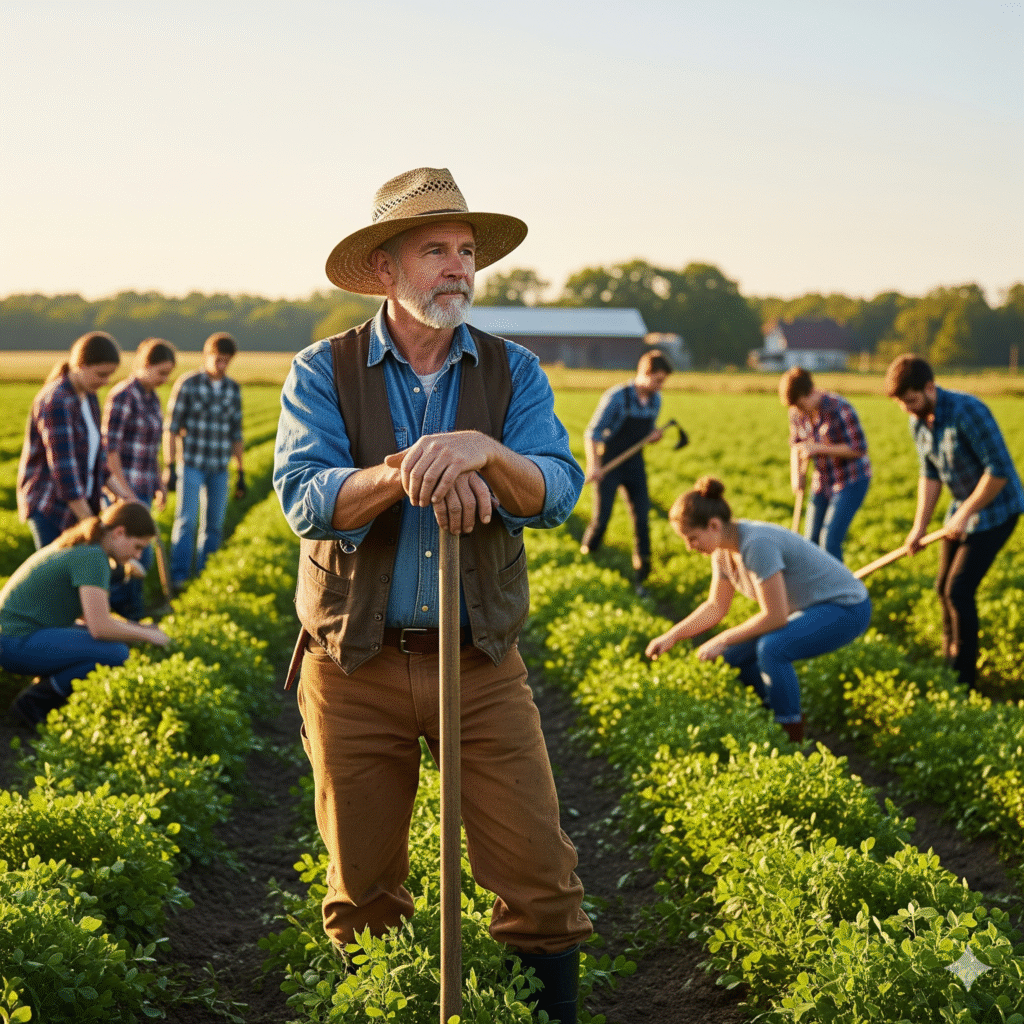
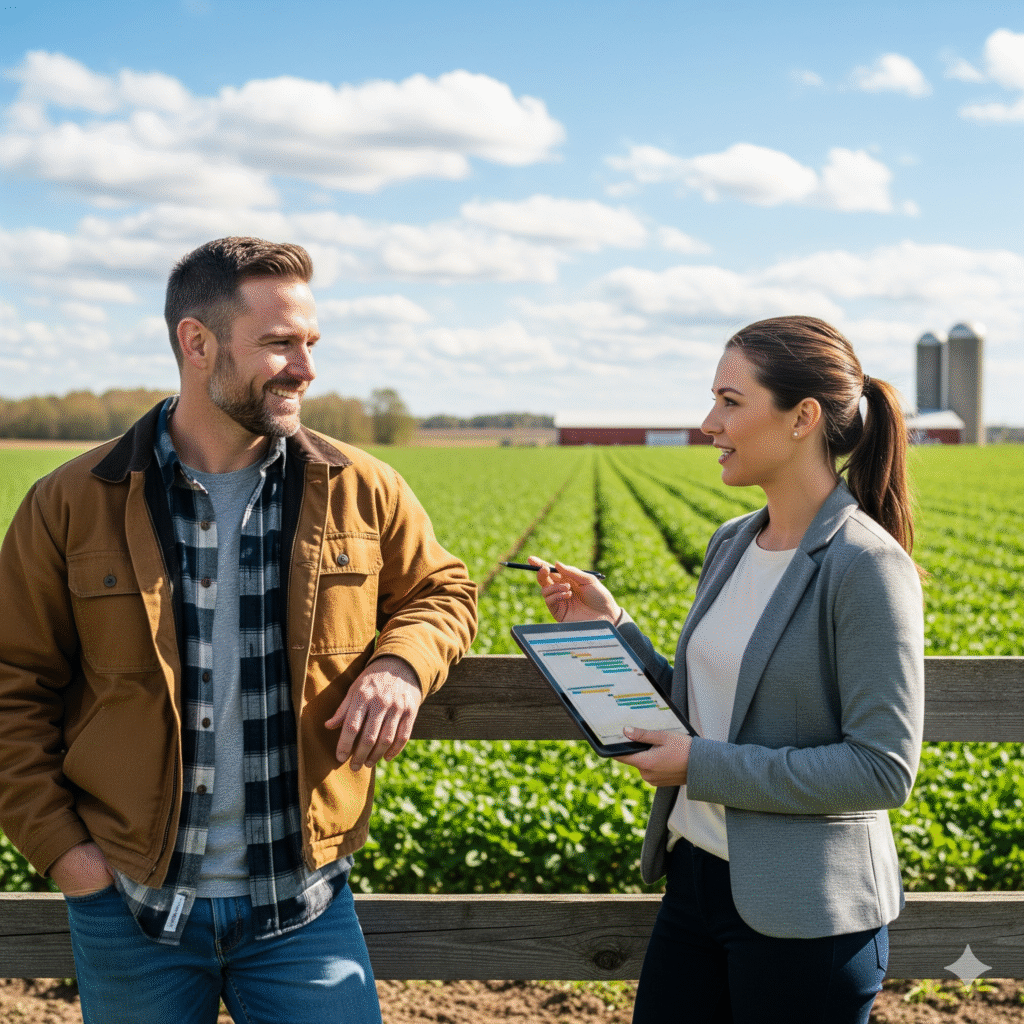
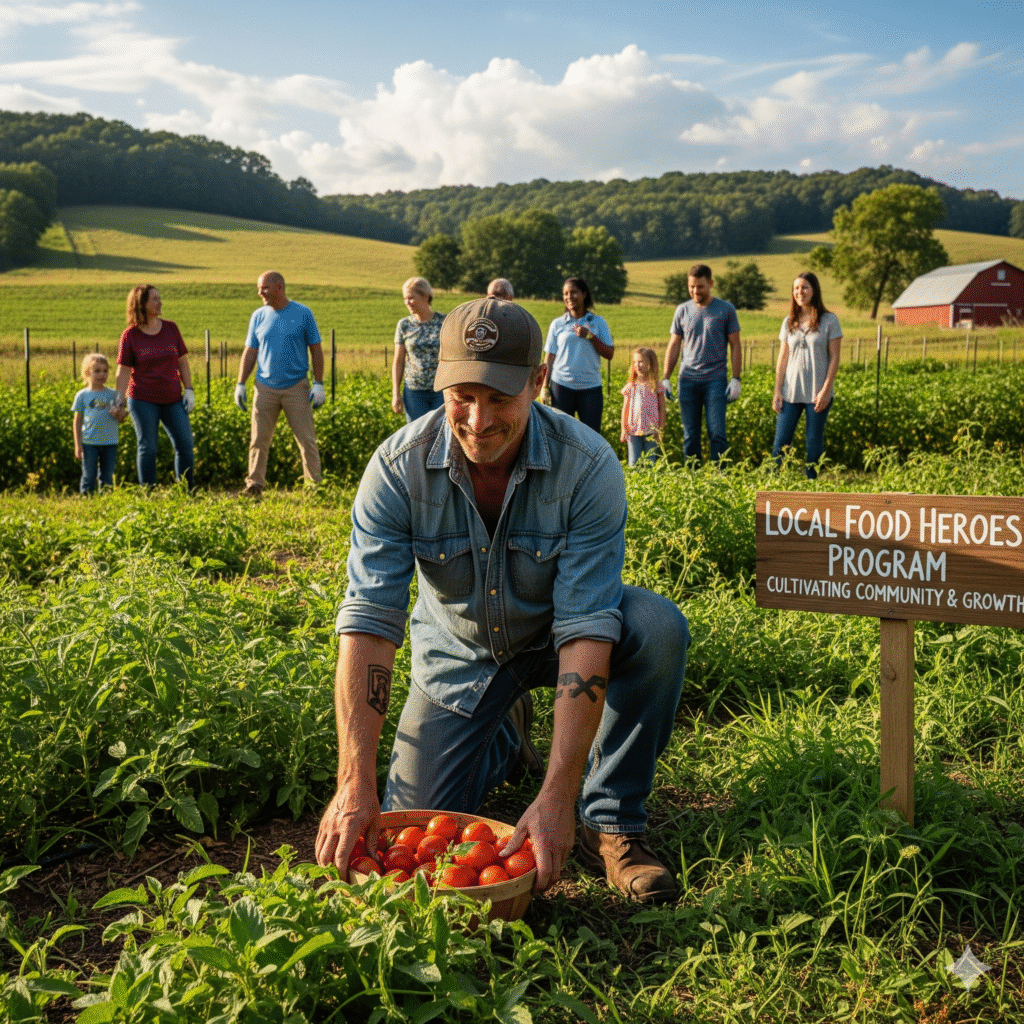

Apply for the waitlist to be considered for future veteran farm job openings. We’ll notify you when opportunities become available.
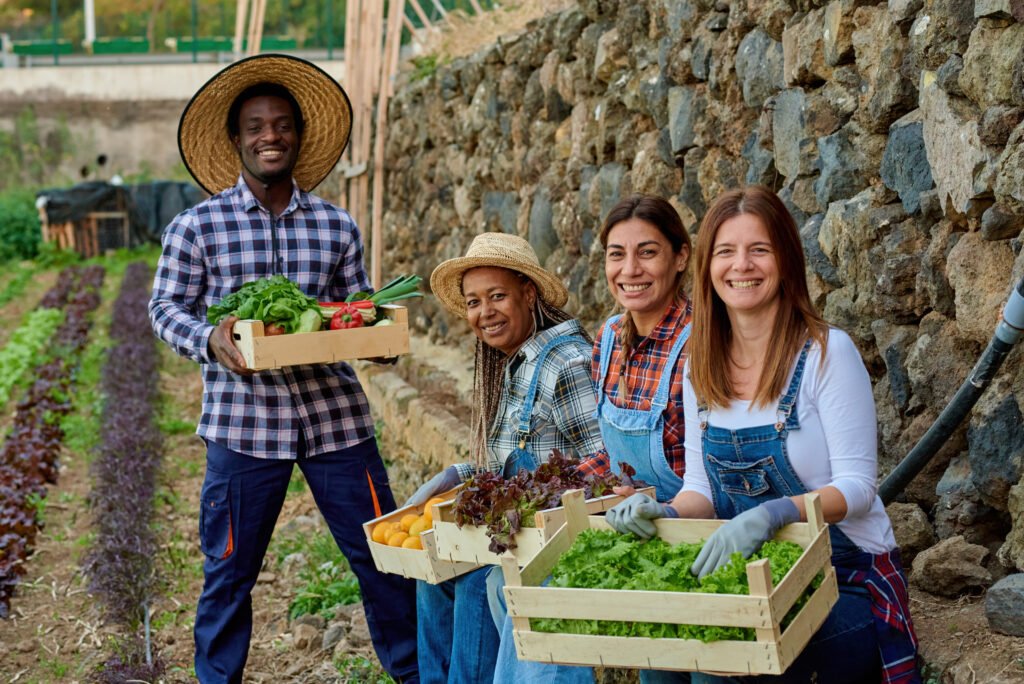
Join our waitlist to stay connected with upcoming farm roles for veterans. When a position opens that fits your background, we’ll reach out to you first.

Be part of our waitlist to stay updated on new farm roles for veterans. When the right opportunity opens, you’ll be among the first we contact.

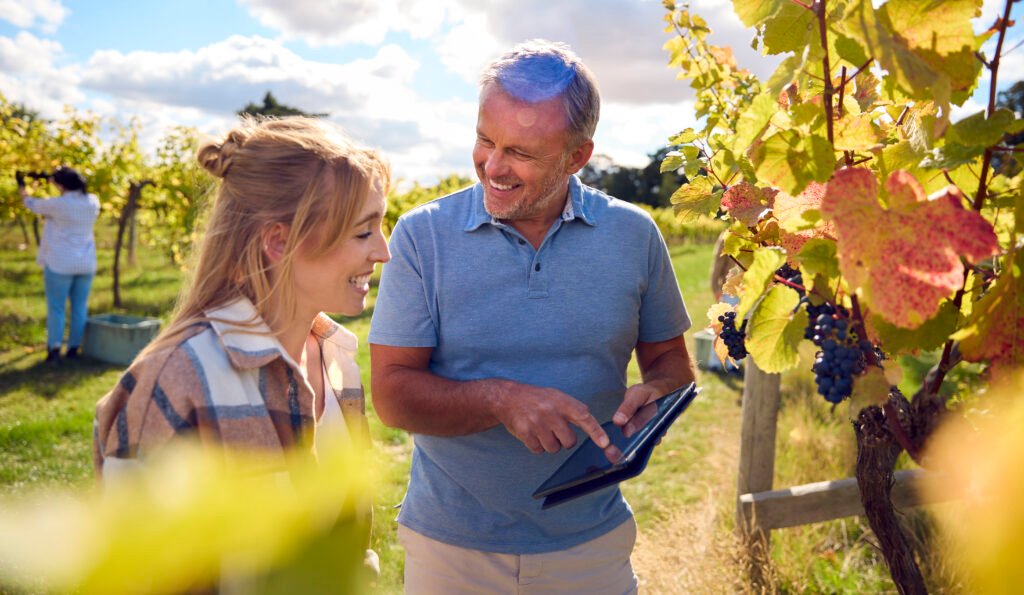
We bring veterans and first responders together to fellowship, grow food, and share hope through regenerative agriculture training and community development.
Based at Veterans Haven North in Glen Gardner, NJ, our Garden Education Center serves as the flagship location demonstrating how regenerative agriculture can transform both individual lives and entire communities.
Everything we do prioritizes veteran empowerment and recognizes military experience as valuable preparation for agricultural leadership.
We practice and teach farming methods that build soil health, support biodiversity, and create resilient food systems.
Our work strengthens entire communities by addressing food security, creating employment, and building supportive networks.
We maintain high standards while continuously improving our methods and expanding our impact.
Join a team that’s proving regenerative agriculture can be a powerful tool for veteran empowerment and community development. Help us create lasting change while building your own meaningful career.
Local Food Heroes is an equal opportunity employer committed to creating a welcoming environment for all team members. We welcome applications from veterans and all qualified candidates who share our commitment to regenerative agriculture and community development.
The Local Food Heroes Program is an initiative of Tye’s House, a 501(c)3 nonprofit organization dedicated to community rebuilding through regenerative agriculture and veteran empowerment.
This material is based upon work supported by the National Institute of Food and Agriculture, U.S. Department of Agriculture, through the Northeast Sustainable Agriculture Research and Education program under subaward number CNE25-001.
Any opinions, findings, conclusions, or recommendations expressed in this publication are those of the author(s) and do not necessarily reflect the view of the U.S. Department of Agriculture.